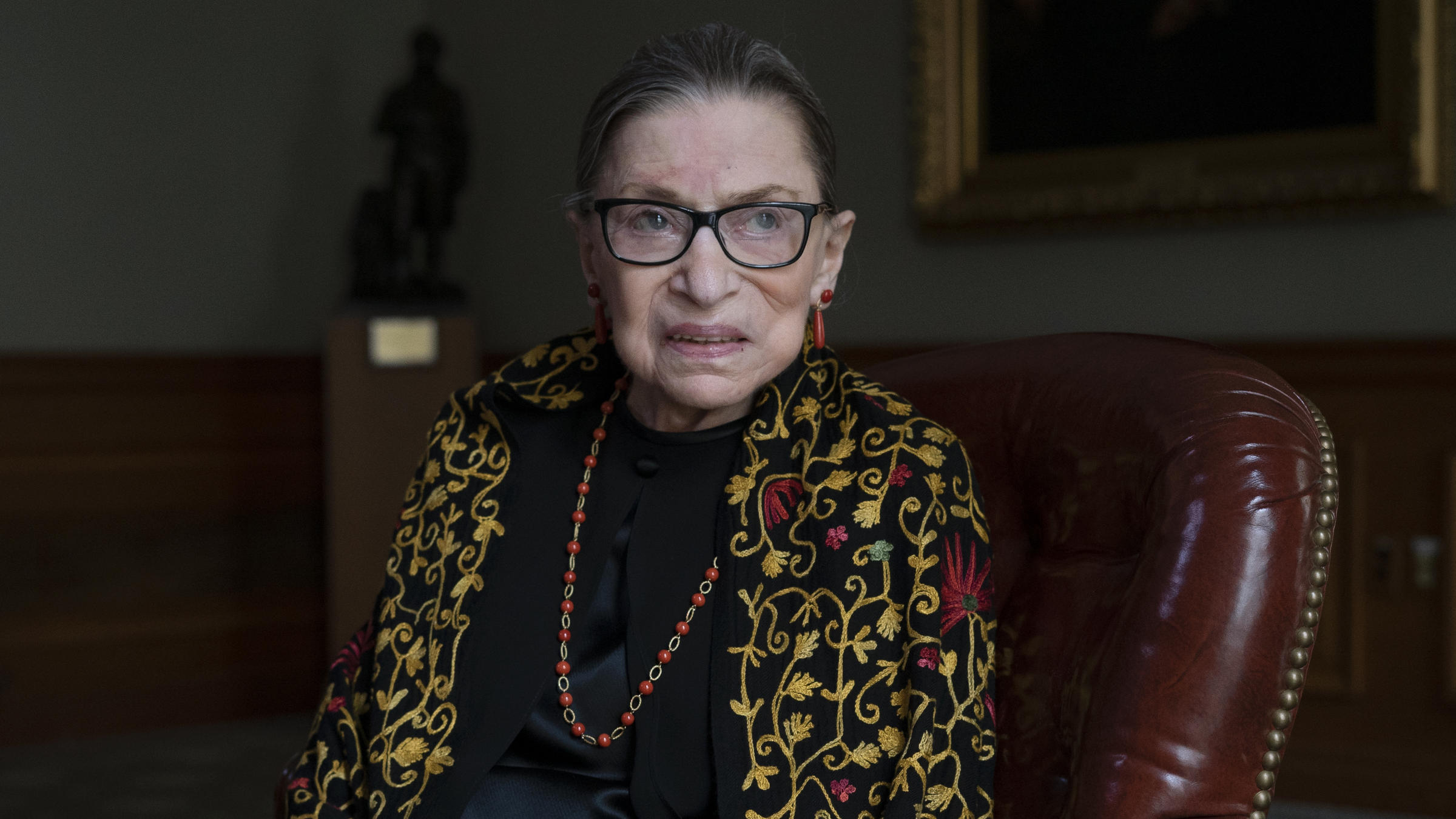
On July 9, 2018, President Donald Trump nominated Judge Brett Kavanaugh to fill a vacant seat on the Supreme Court. ET: This article has been amended to correct Ruth Bader Ginsburg's name.Character Assassination on Judge Brett Kavanaugh in his 2018 Supreme Court Confirmation Hearingġ University of Alabama at Birmingham 2 Southern Utah University That doesn't make sense as a policy."Ĭorrection, 6:55 a.m. "It would mean poor women have no choice. "If you have the sophistication and the money, you're going to have someplace in the United States where your choice can be exercised in a safe manner," Ginsburg said. would never ban the procedure, which means that poor women from anti-abortion states would be the ones who suffer the most. The judge added that several states in the U.S.


"Can you imagine the dissent she would write?" Ziegler added.ĭuring her talk to the University of Chicago Law School in May 2013, Ginsburg was asked what she believed would happen if Roe v. Wade to the Present, suggested that the attempts to use Ginsburg's objections to oppose the 1973 ruling would never have occurred while the judge was still alive. Speaking to The Post, Mary Ziegler, a law professor at Florida State University and author of Abortion and the Law in America: Roe v. Wade Being Overturned Might Not Hurt Republicans in the Midterms

Towards the end of her life, Ginsburg was criticized for not retiring from the Supreme Court so she could be replaced by a liberal judge under Barack Obama's presidency, ultimately helping to keep Roe v. "Far from bringing peace to the controversy over abortion, Roe and Casey have made matters worse," Mississippi Attorney General Lynn Fitch wrote in a brief attempting to pass a law that would ban virtually all abortions in the state after just 15 weeks while citing Ginsburg's own words.
#Rush limbaugh mocks ruth bader ginsburg free#
If the draft opinion is confirmed and not changed, it would mean each state would be free to decide whether to restrict or ban abortion.Īs noted by The Washington Post in August, a number of anti-abortion activists have since used Ginsburg's comments to argue that Roe v. Casey? A less encompassing Roe, one that merely struck down the extreme Texas law and went no further on that day, I believe and will summarize why might have served to reduce rather than to fuel controversy." "Would there have been the twenty-year controversy we have witnessed, reflected most recently in the Supreme Court's splintered decision in Planned Parenthood v. "Suppose the Court had stopped there, rightly declaring unconstitutional the most extreme brand of law in the nation, and had not gone on, as the Court did in Roe, to fashion a regime blanketing the subject, a set of rules that displaced virtually every state law then in force," Ginsburg said. Wade should have originally focused on striking down a Texas law that "intolerably shackled a woman's autonomy" by only allowing abortion to be performed if the mother's life is in danger. Ginsburg also expressed concerns in the 1992 NYU lecture that the sweeping nature of Roe v. "It's about the doctor's freedom to wasn't woman-centered, it was physician-centered." " Roe isn't really about the woman's choice, is it?" Ginsburg told the University of Chicago Law School in May 2013. Wade would be less vulnerable to attempts to have it disbarred. Speaking to The New York Times in September 2020, Mary Hartnett, a law professor at Georgetown University who co-wrote the Ginsburg biography My Own Words, said Ginsburg believed "it would have been better to approach it under the equal protection clause" so Roe v. And far from bringing about a national settlement of the abortion issue, Roe and Casey have enflamed debate and deepened division," Alito added.

"Its reasoning was exceptionally weak, and the decision has had damaging consequences. The majority draft opinion, which may still change ahead of the Supreme Court's final ruling around late June, was written by Justice Samuel Alito, who states that the sweeping decision to legalize abortion nationwide was "egregiously wrong from the start." Ginsburg was in essence disagreeing with Roe's base argument that the right to abortion was based on the privacy of a woman with her doctor, and not a violation of equal protection as guaranteed by the Constitution. Above, Ginsburg is seen as she presents the Justice Ruth Bader Ginsburg Inaugural Woman of Leadership Award to Agnes Gund at The Library of Congress on February 14, 2020, in Washington, D.C. The late Supreme Court Justice Ruth Bader Ginsburg's warnings about Roe v.


 0 kommentar(er)
0 kommentar(er)
